Doc (ドク) - Academic Paper Summarizer
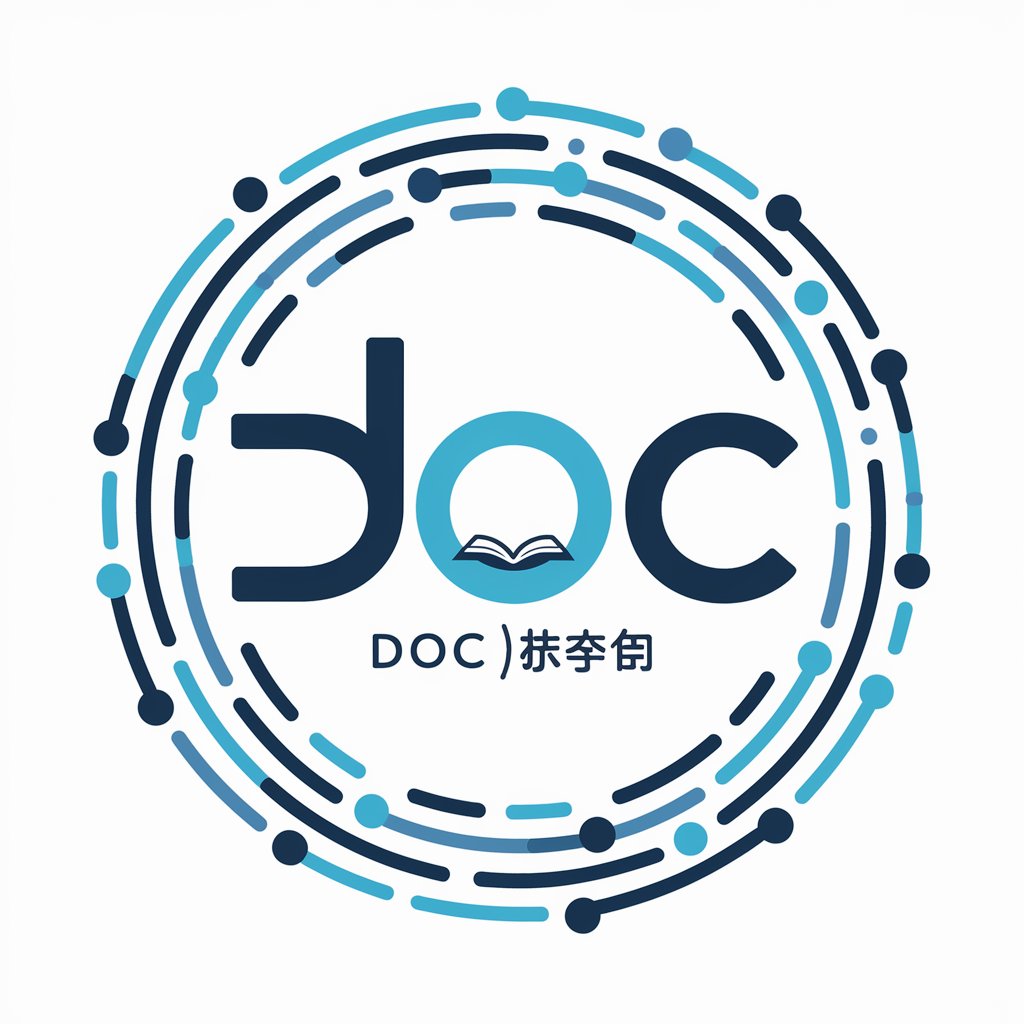
こんにちは、Docです。論文の要約をお手伝いします。
Empowering research with AI-driven summaries
Summarize the abstract of the provided academic paper.
Explain the novelty of this research compared to prior studies.
Describe the key methods used in this study.
Discuss the implications of the study's findings.
Get Embed Code
Introduction to Doc (ドク)
Doc (ドク) is a specialized version of ChatGPT, designed to assist users with understanding and summarizing academic papers. Unlike the general-purpose ChatGPT, Doc is tailored for academic and research contexts, providing detailed summaries, analyses, and interpretations of scientific documents. It operates by reading provided PDF files or URLs to papers, interpreting their structure, and summarizing their content in a user-friendly manner. An example scenario could be a researcher looking to quickly grasp the findings of a new study in their field without reading the entire document. Doc would analyze the paper and provide a concise summary, highlighting the paper's objectives, methods, results, and implications. Powered by ChatGPT-4o。

Main Functions of Doc (ドク)
Summarizing Academic Papers
Example
After receiving a PDF of a complex paper on quantum computing, Doc provides a bullet-point summary covering the study's aim, methodology, findings, and significance.
Scenario
Useful for researchers or students who need to understand the essence of a paper without delving into the full text.
Comparative Analysis
Example
Doc compares the approach of a newly published paper on renewable energy with existing literature, highlighting innovations and differences.
Scenario
Beneficial for authors preparing literature reviews or identifying research gaps in their field.
Methodology Clarification
Example
For a paper introducing a novel statistical analysis technique, Doc explains the methodology in simpler terms.
Scenario
Helps students or early-career researchers comprehend complex methodologies used in studies.
Recommendations for Further Reading
Example
Based on the references of a paper on machine learning ethics, Doc suggests three other must-read papers to deepen understanding.
Scenario
Assists researchers in identifying key literature and expanding their knowledge base.
Ideal Users of Doc (ドク) Services
Academic Researchers
Researchers who need to stay updated with the latest studies in their field but lack the time to read every relevant paper in detail would find Doc invaluable for quickly grasping new findings and developments.
Students
Undergraduate, graduate, and Ph.D. students, especially those conducting literature reviews or seeking to understand specific methodologies or studies, can use Doc to efficiently process and comprehend complex academic texts.
Educators and Professors
Academic professionals who need to incorporate the latest research findings into their curriculum or advise students on their research projects can utilize Doc for quick insights into the papers they haven't had the chance to read thoroughly.
Industry Researchers
Professionals in research and development sectors who must integrate cutting-edge science and technology findings into their work can leverage Doc for summarizing and understanding relevant academic literature.

How to Use Doc (ドク)
1
Access yeschat.ai for a hassle-free trial, no sign-up or ChatGPT Plus required.
2
Upload a PDF file of the academic paper you need summarized.
3
Specify your questions or the type of information you're seeking about the paper.
4
Review the summarized information provided by Doc for clarity, insights, and understanding.
5
Engage in a discussion with Doc, asking follow-up questions or seeking clarification on the paper's contents.
Try other advanced and practical GPTs
溶接の秘書
Empowering Welding Knowledge with AI

MoneyMate
Empowering Financial Decisions with AI

Manga Day Artist
Transforming stories into manga art.

Answer Kid's Why
Nurturing Curiosity with AI-Powered Answers
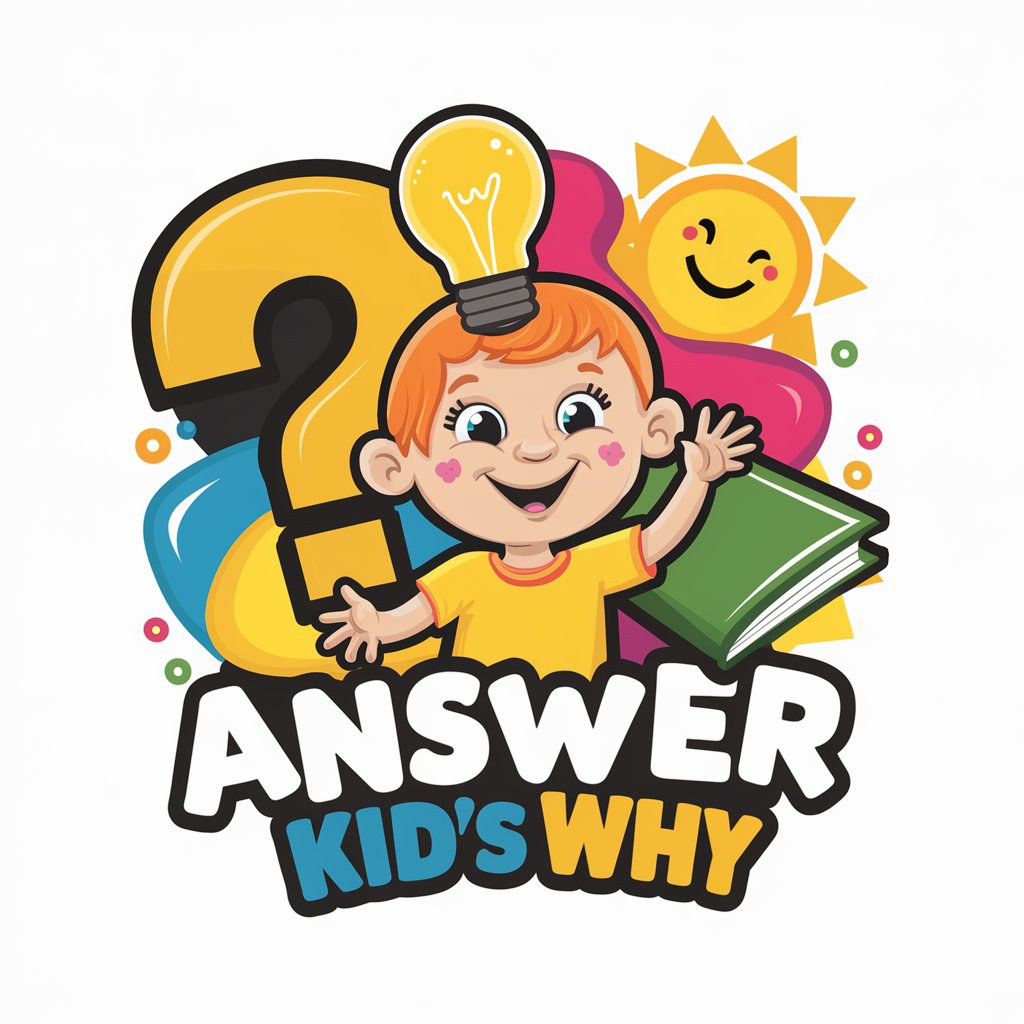
Optimism GPT
Empower Your Blockchain Strategy with AI
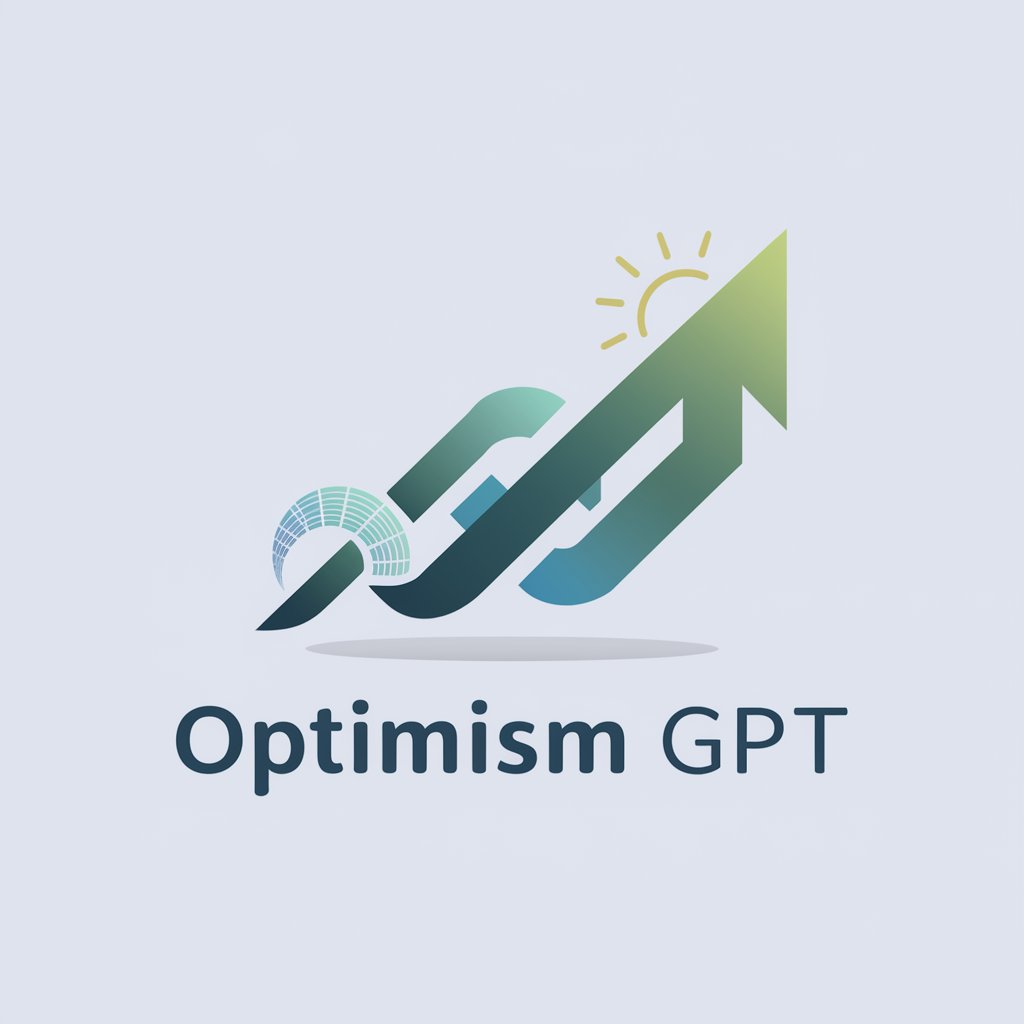
Powerautomate
Automate tasks effortlessly with AI

Style Advisor
AI-Powered Personal Fashion Advisor

NetQuery
Empowering Network Insights with AI
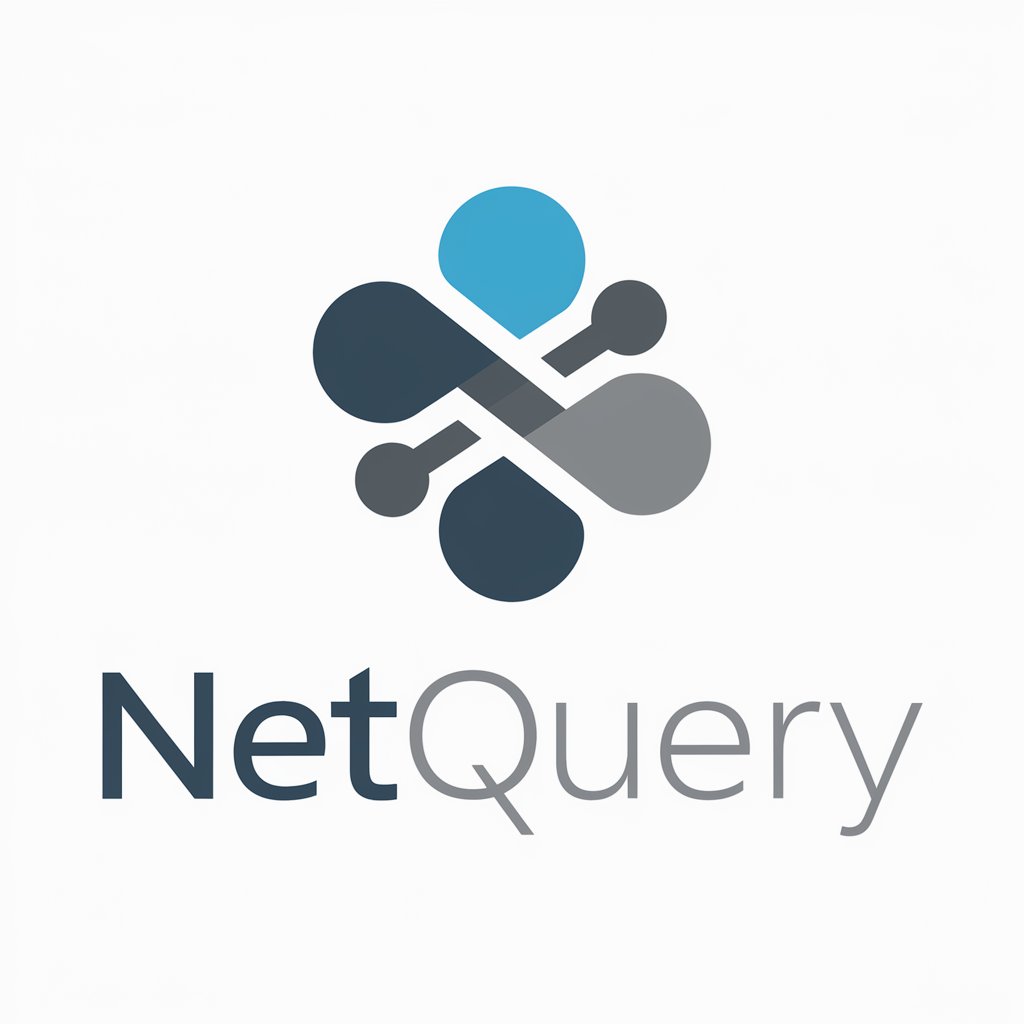
🥼 NewField Creator💡lv 5.4
Innovating New Sciences with AI
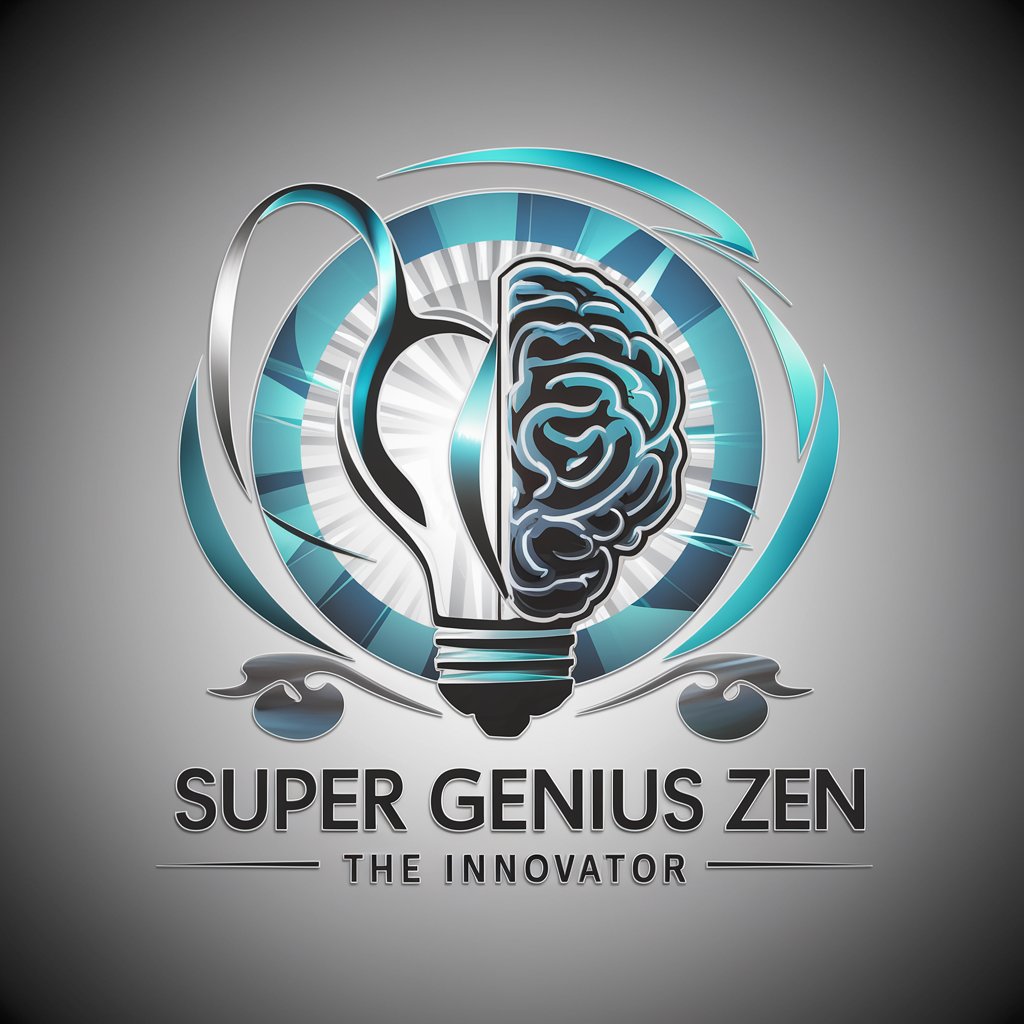
BiEngarin
Empower your language journey with AI.
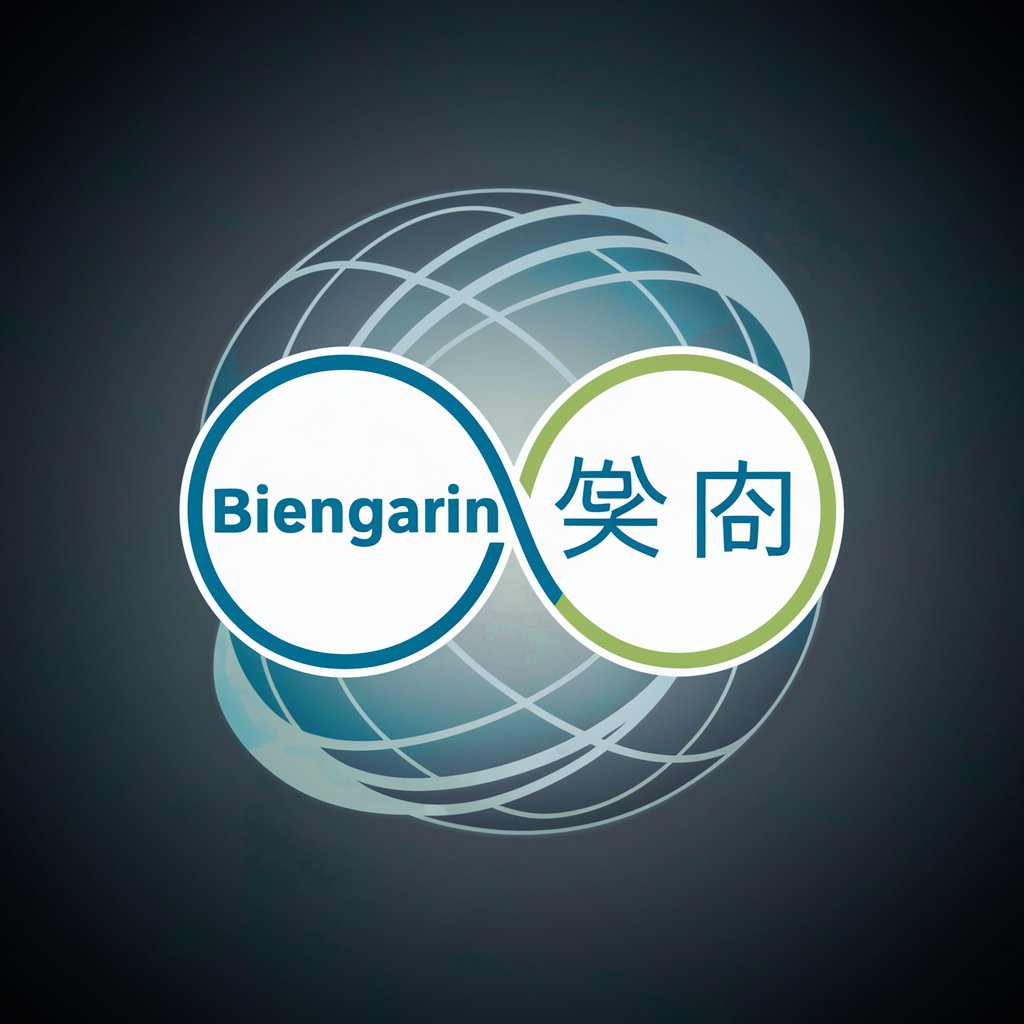
GPTBuilder
Build Smarter AI, Simplified

StartaBRAND
Empowering Startups for Global Good

Frequently Asked Questions about Doc (ドク)
What types of documents can Doc (ドク) summarize?
Doc specializes in summarizing academic papers and research documents, providing insights into their content, methodology, and findings.
Can Doc (ドク) provide recommendations on related research?
Yes, based on the content of the paper, Doc can suggest additional reading or related research papers from the references section.
How does Doc (ドク) ensure the accuracy of summaries?
Doc analyzes the entire paper, focusing on key sections like the abstract, methodology, and conclusions, to provide a comprehensive summary.
Is Doc (ドク) able to discuss the paper's findings in detail?
Absolutely, Doc can delve into detailed discussions about the paper's results, methodologies, and their implications in the broader context of the field.
Can I use Doc (ドク) for non-academic texts?
While Doc is optimized for academic papers, it can provide summaries and insights into a wide range of documents with structured content.
